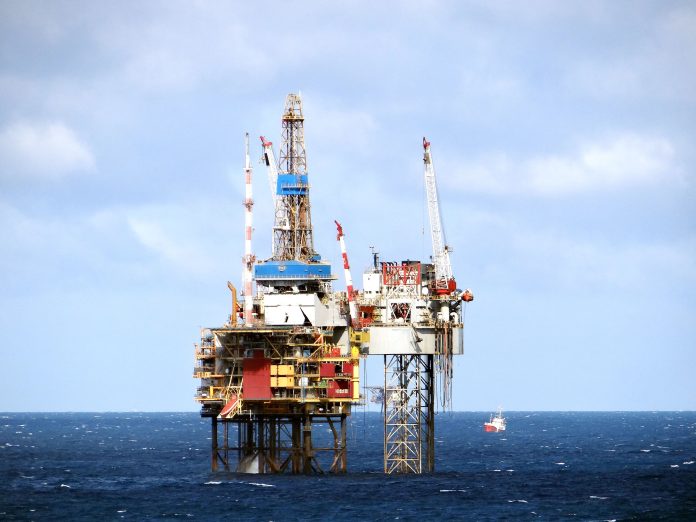Nationalise to end cost-of-living catastrophe
Iain Dalton, Socialist Party national committee
After weeks of dithering, Rishi Sunak was finally forced to unveil a windfall tax or ‘temporary levy’ on the North Sea oil and gas producers’ soaring profits. He says his 25% levy, with some loopholes for investments, will raise £5 billion.
But no sooner than it has been announced, the pitiful nature of it is becoming clearer: the offsets against investment probably mean less than £5 billion will be raised. In fact, subsidies already exist for such investments: tax breaks were given to these companies worth £3.1 billion in 2019-20 and £2.5 billion in 2020, according to the New Economics Foundation.
Inadequate Labour
But it also shows up how inadequate Labour’s proposed windfall tax was; they only proposed to levy 10% and raise £2-3 billion! Just this year alone, BP and Shell are expected to make combined profits of £40 billion.
Moreover, the basic payment of £400 is just half of October’s planned increase in the price cap. But even those receiving Universal Credit, due to get an additional £650, will still be worse off. By autumn the price cap will have risen by £1,500.
And that’s just domestic energy bills. What about the costs of travel, with petrol prices skyrocketing, the much trumped 5p cut to fuel duty has not been passed on, and food prices climbing each week?
A temporary levy on one set of profiteers simply isn’t going to cut it. It was even cheered on by the boss of Tesco, as if saying: ‘Tax their profits rather than mine’!
Instead of letting all the capitalists rip us off, and then getting a few crumbs back off only some of the energy giants, we need control over all these vital industries: energy, fuel, transport, and food production and distribution. Along with housing and other utilities, they make up the vital necessities of life.
Why are we letting huge profits pile up while people are forced to go begging to food banks or pensioners travel all day on a bus to keep warm?
These industries should all be nationalised with compensation only to those who need it. Publicly owned, and democratically controlled costs could be kept low and workers paid properly, rather than wealth being syphoned off into the bosses’ bank accounts.
A socialist plan of production, based on the democratic public ownership of the top 150 companies and banks, could ensure an end to price rises, a decent home for all, and an end to the chaos of the capitalist market.







